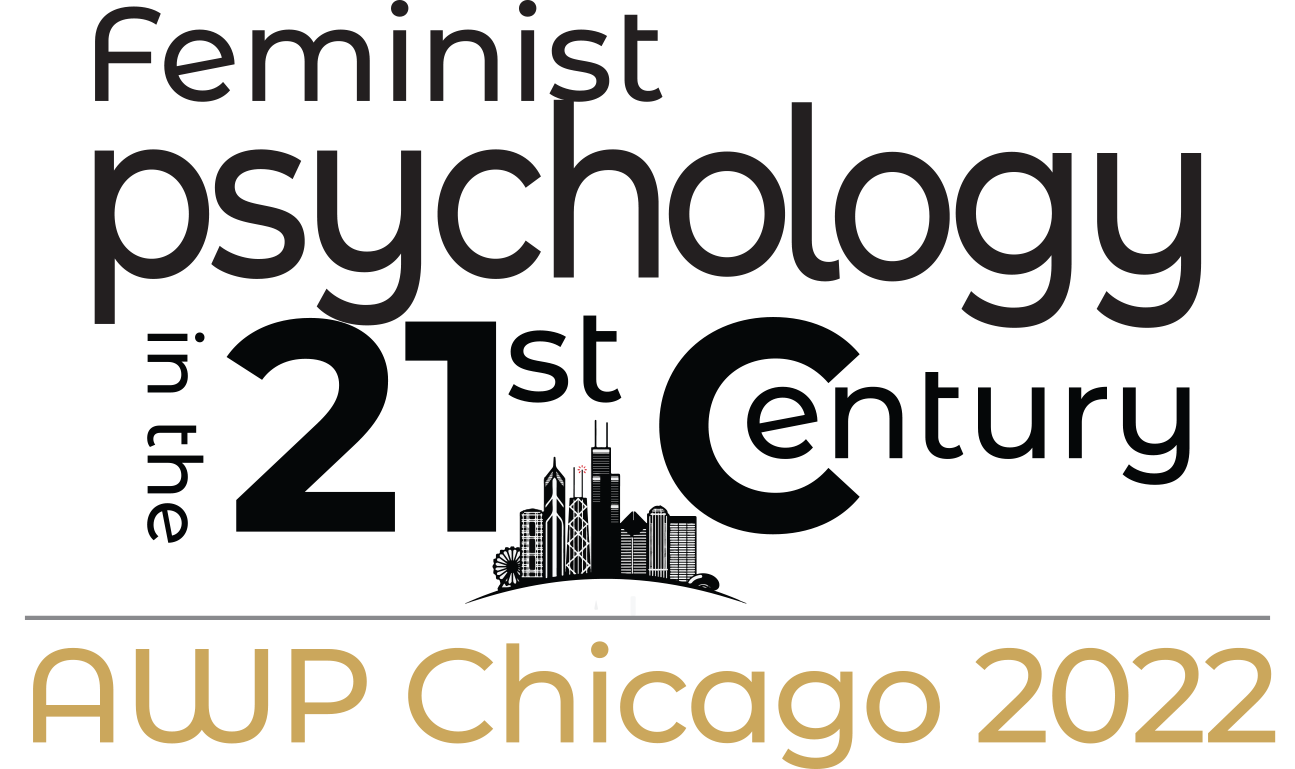- About
- 2025 Conference
- Awards
- Awards
- Florence Denmark
- Distinguished Publication
- Distinguished Career
- Oliva Espin
- Gender and Sexual Minority Manuscript Award
- Doris Howard Lifetime Service
- Jewish Women's Caucus
- Christine Ladd-Franklin
- Lesbian Psychologies
- Student Research on Women and Gender
- Unger-Frieze Prize
- Women Of Color
- Christine Blasey-Ford
- Membership
- Feminist Resources
- News & Musings
- Donations






